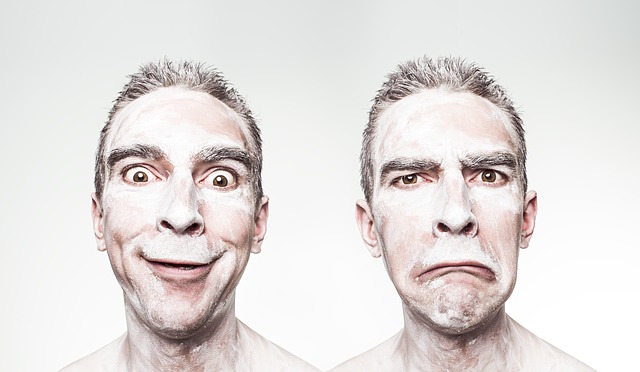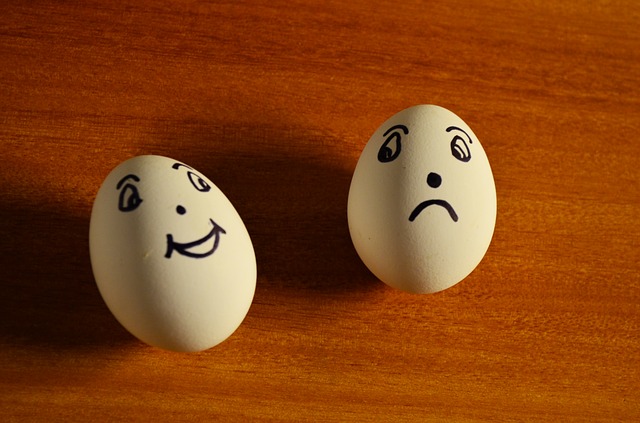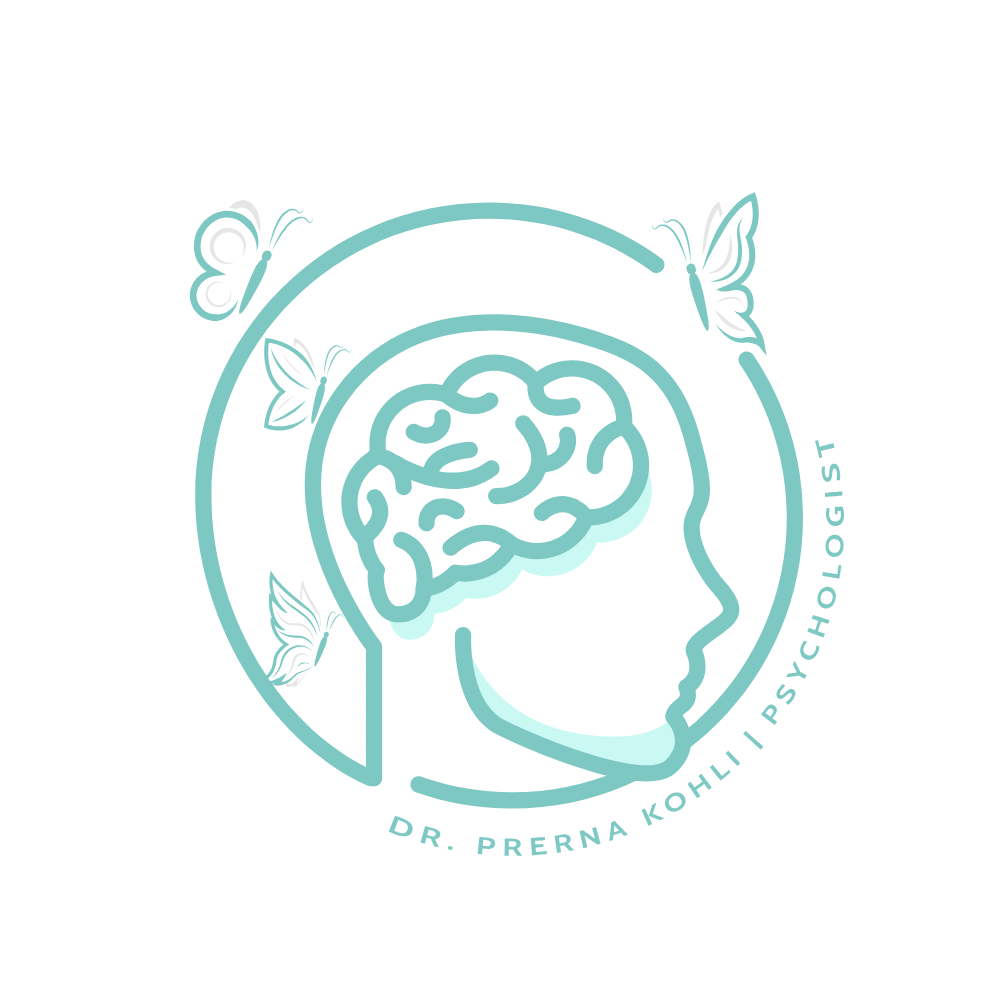Do you feel extremely happy on some days, but extremely sad on other days? Are these shifts in your mood interfering with your day-to-day functioning, therefore making it hard for you to focus on tasks or sleep? Then there is a chance that you might be suffering from Bipolar Disorder (also known as manic-depressive disorder), which is a mental illness that leads to unusual shifts in one’s mood, energy levels, and ability to function.

The mood changes for a person suffering from any of the four types of bipolar disorder may range from periods of feeling extremely “high”, “up” or “elated” (which is known as a manic episode), to periods of feeling very “low”, “down” or “sad” (which is known as a depressive episode). Thus, these shifts in mood differ from the usual feelings of “low” and “high” that we may experience on a regular basis.
Symptoms of a manic episode –
- feeling euphoric
- having trouble sleeping
- becoming more active than usual
- talking very fast
- having a rush of ideas
- feeling agitated or irritated easily
- indulging in risky behavior.
Symptoms of a depressive episode –
- feeling low or miserable
- sleeping too much or too little
- lack of interest in any activity
- trouble in concentrating
- experiencing lack of energy
- feeling helpless
- changes in appetite
- feelings of worthlesness
- thoughts about death and suicide.

A mixed episode may have symptoms of both. It is imperative for a person to have experienced at least one episode of mania, in order to be diagnosed with Bipolar Disorder.
The symptoms of the disorder are extreme and have an adverse impact on a person’s personal as well as professional life. They can also be dangerous for the person, as some people suffering from bipolar disorder also try to hurt themselves or attempt suicide. The disorder is equally common among men and women and usually starts during late adolescence or early adulthood. Possible causes or contributors to the disorder include brain structure and functioning, genetic make-up, hormonal imbalance, and family history. Environmental stressors such as substance abuse, stress, or a traumatic event may also serve as a trigger. Treatment and management of the disorder may include a combination of the following approaches – medication, psychotherapy, and lifestyle.

